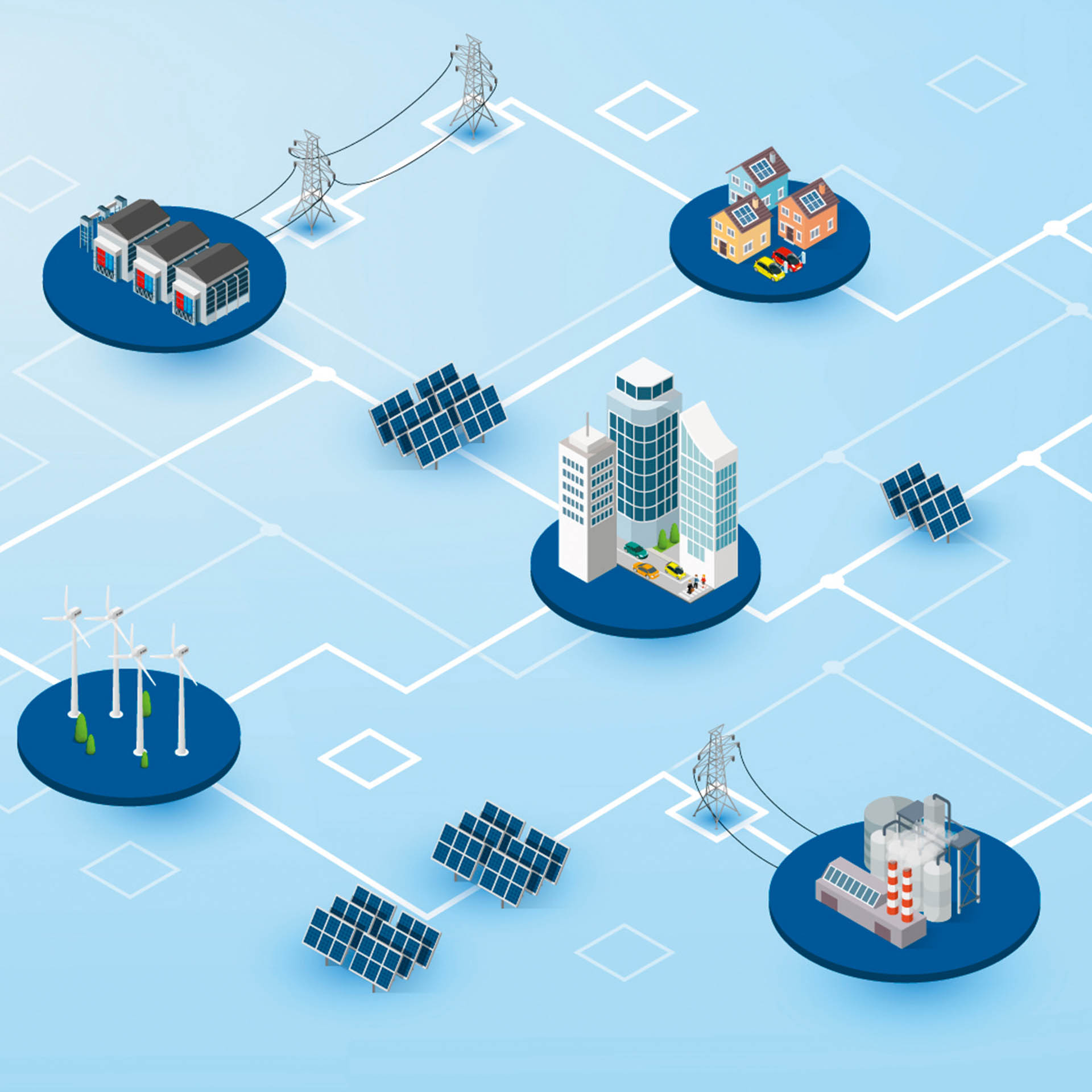Infrastructure & Cities challenges
Two thirds of humanity will be living in cities in 2050, so urban settings will be the focal point for most creation, both imaginative and practical.
Most creativity is converging around the city of the future. Two thirds of humanity will be living in cities in 2050, so urban settings will be the focal point for most creation, both imaginative and practical. This is where our future lies: one that must be sustainable, where products, nature and life exist in harmony.
The challenge is significant, because cities are the most complex of human creations. We cannot treat them simply as objects. They are the venues of an entire life experience: material flows (transport, energy, waste etc.), a balance between resources and spaces of various kinds, and of course life scenarios that include health, work, housing and safety.
Improving our infrastructure and our cities means rising to the major challenges that will determine the quality of life, attractiveness and leadership of a community. It means working on all parts of our economies.
A community is a system. It’s multi-disciplinary, multi-level. From mining to construction, from the design of innovative materials to the work done by local authorities, we must think of a community as a system that includes services, resource management and planning, driven by usage flows and virtual models, in a data economy.
Communities represent new value networks, new business models, new knowledge. We can see this clearly in value networks that involve new energy infrastructure. Transformation must be supported by fresh innovation, using all the tools that science and engineering have to offer.
For 40 years, Dassault Systèmes has been pushing back the boundaries of complexity in innovation when it comes to aircraft, production systems, even the human heart. We also are rising to this challenge with communities. It’s clear that the future of infrastructure and cities depends on virtual universes and collaborative platforms. Tomorrow, no one will think about or manage any community without taking into account its virtual twin.
Today we can radically change the way we design and operate Infrastructure & Cities to make them more sustainable. Thanks to their virtual twin experiences on the cloud, we can help design collaboratively, simulate, construct and operate net zero Infrastructure & Cities for the benefits of all.

Modeling and managing power grids
ModeliScale is a collaborative and innovative project led by Dassault Systèmes, at the place where the worlds of academia and industry meet. The project plan is to create a virtual twin of an entire energy system, covering generation, transmission, supply and use. The aim is to simulate scenarios in order to plan the scale of the facilities required and how they will be managed at the building, district or city level. Power grids are increasingly decentralized and are involving more participants and consumers.
The gradual inclusion of new sources of power generation and consumption is changing the architecture of these grids. The use of vehicle batteries to store power means that the future energy mix will have to be managed with great precision, requiring new modeling and simulation capabilities. ModeliScale is rising to the challenge by using CATIA Systems’ ModSim (modeling and simulation) solutions, with support from Bpifrance and Région Île-de-France.




